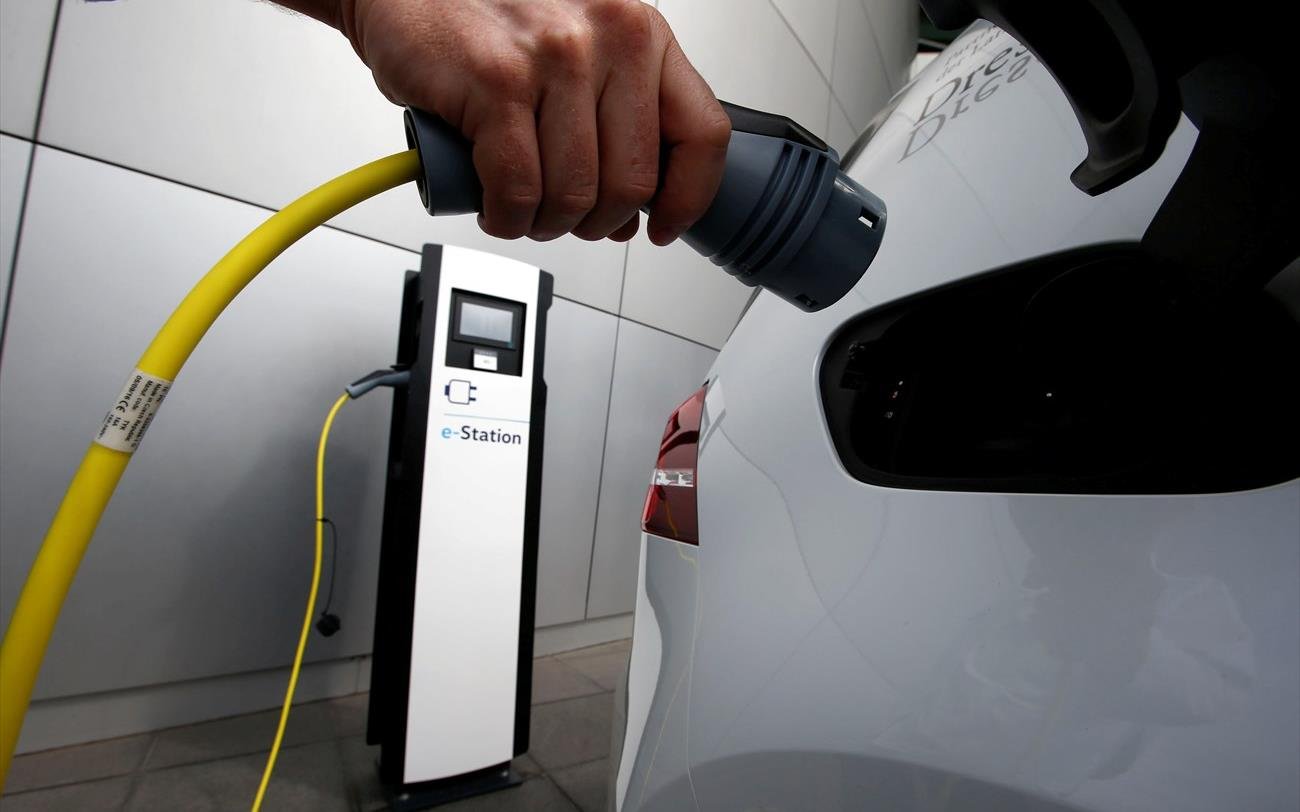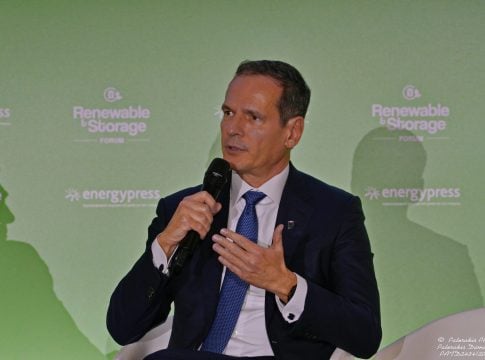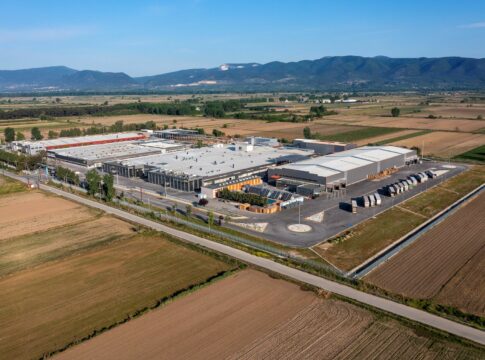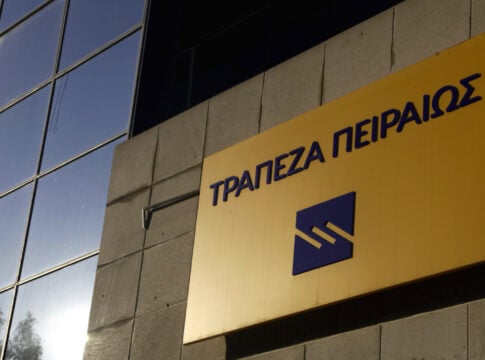The operation of the electrical interconnection Greece-Cyprus “Great Sea Interconnector” in 2030 will bring savings of at least 30% on the electricity bills of Cypriot consumers, according to the updated cost-benefit study prepared by the Exergia company in collaboration with the National Technical University of Athens.
The relevant study (CBA) was presented to the Minister of Energy, Trade & Industry of Cyprus George Papanastasiou, in the presence of the president and CEO of IPTO Manos Manousakis.
The social benefit of the interconnection (8 billion euros) is many times the cost of its construction (1.9 billion euros), which means that the net social benefit of the interconnection exceeds 6 billion euros.
The object of the study is to investigate the economic side of the solution of the electrical interconnection of Cyprus through GSI against its isolated development under the objective targeting of high RES penetration in its energy balance at levels of at least 70%-80% by 2040, in the context of the European Green Agreement to achieve climate neutrality by 2050. In this way, the energy autonomy of Cyprus is ensured, with domestic clean RES production which will be able to be exported when domestic demand is exceeded.
The study examines two scenarios:
- The first scenario is the electrical interconnection of Cyprus with Europe, via Greece, joining the last non-interconnected EU state in the European electricity market with limited installation of batteries.
- The second scenario is the isolated development of the electricity system of Cyprus through the installation of large battery units.
According to the update from the IPTO, the study showed that the electrical interconnection is not only the most sustainable scenario in economic and environmental terms, but also the most beneficial for Cypriot consumers – both residential and corporate.















